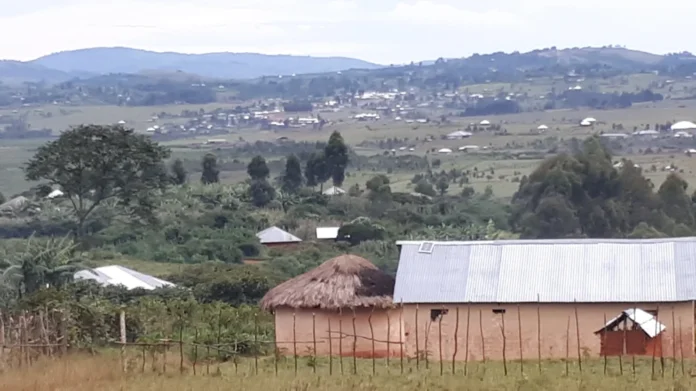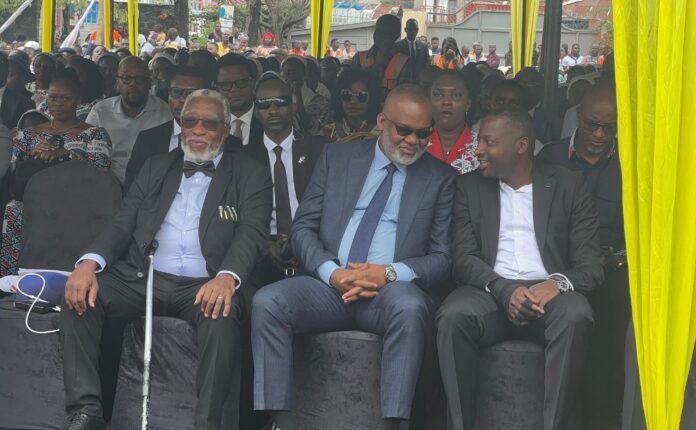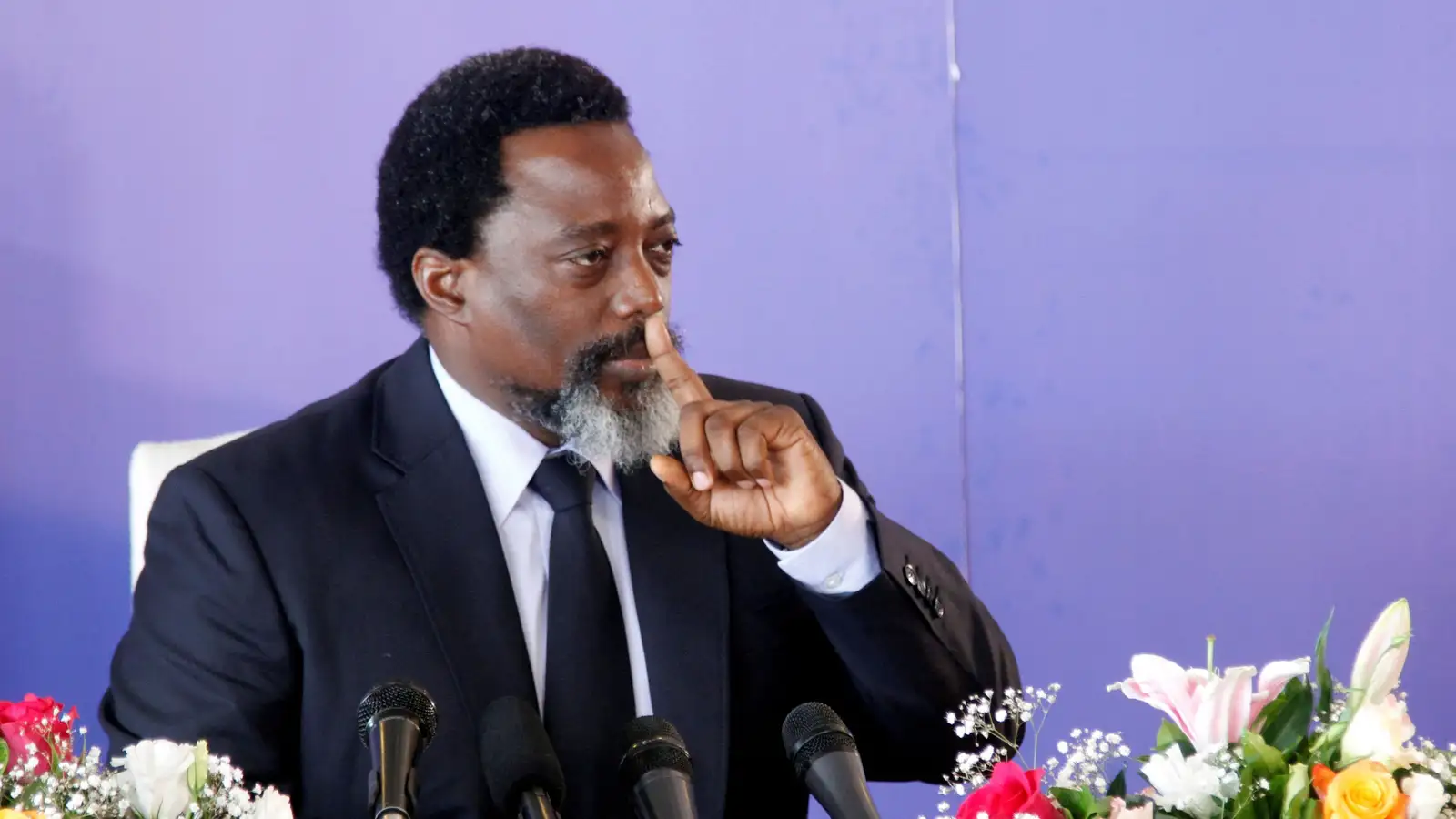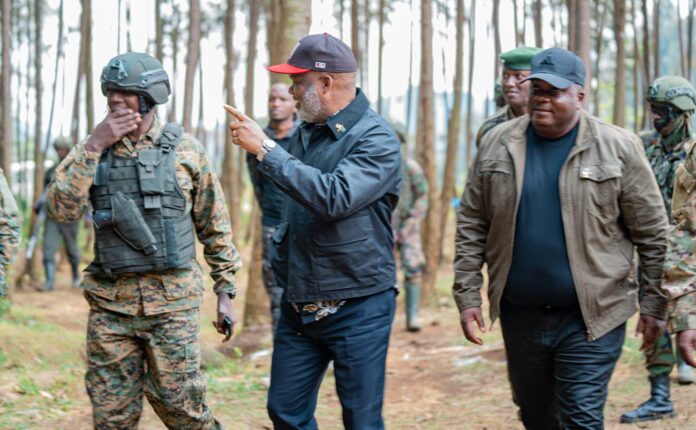As the killings, persecution, and torture of the Banyamulenge living in the highlands of South Kivu continue, President Félix Tshisekedi’s government has started reaching out to some Banyamulenge living abroad, especially those in the European and American Diaspora, to use them as tools for his political agenda.
Note: Company, Blog, Church websites are free.
The Banyamulenge in the Diaspora continue to align themselves with the Kinshasa government, appearing to be used to cover up actions that harm their own people. Information from members of this Diaspora suggests that some Banyamulenge have chosen to support Tshisekedi’s government due to their personal interests, ignoring the suffering and bloodshed of their relatives who continue to endure abuse under the Kinshasa regime.
One Banyamulenge living abroad stated: “Tshisekedi pressures people to separate from groups like AFC/M23 and Twirwaneho. If you don’t show him that you’re on his side, he sees you as an enemy.”
This situation escalated when AFC/M23 increased its military activities to resist the Kinshasa government. Tshisekedi then chose to divide the Banyamulenge community in the Diaspora, seeking out those who would support him in order to continue his fight against groups that oppose him, particularly those who provide financial support from abroad.
Tshisekedi’s government used tactics based on nepotism and tried to create the illusion of unity among the Banyamulenge. This was achieved by placing some in government positions to project a false image of reconciliation. Among those involved were Minister Alexis Gisaro Muvunyi, Deputy Lévis Rukema, and Lt Gen Pacifique Masunzu, who were used as tools to promote a positive image of the Kinshasa regime, while in reality, other Banyamulenge continued to be killed, their cattle stolen, and their villages burned.
Masunzu, although a Banyamulenge, has been accused by his own people of betraying them. He was seen as a pawn during Kabila’s regime, used to create the illusion that the Banyamulenge were in power, yet they had no real influence.
Kinshasa has particularly focused on the Banyamulenge living outside the African continent, especially in America, Germany, Norway, the UK, and elsewhere. Some have been offered money or prestigious positions, encouraged to promote Tshisekedi’s agenda, while others have been tasked with spreading propaganda claiming that “no genocide is happening against the Banyamulenge.”
Among those Banyamulenge in the Diaspora who were encouraged to work with Tshisekedi are Nyirazo Félix in Germany, Muragizi Kinwa Mufahaya, a former soldier now living in Norway, Baseka Prosper, formerly known as Bideri, now in Belgium, and Pastors Ruganza Emmanuel, Ruvimba Mudage, and Gedeon Bihonzi Rutambwe in the UK.
It is said that these individuals influence the youth, encouraging them to follow Tshisekedi’s line and send financial support to groups like Wazalendo, Gumino, and FDLR – armed groups that have a history of bloodshed against the Tutsi and speakers of Kinyarwanda in Congo.
All these activities aim to divide the Banyamulenge, sow discord, and prevent them from uniting to defend themselves. The Akagera group is being used to recruit individuals who can spread the message that “no genocide is occurring.”
Through this strategy, Tshisekedi’s government continues to divide the Banyamulenge, using some as spies in groups like AFC/M23 and preventing unity. These actions could have serious consequences for the AFC/M23 struggle and the genuine reconciliation of the Banyamulenge, including:
- Undermining partnerships: Dividing the Banyamulenge, with some in the Diaspora siding with Kinshasa, could cause a split among AFC/M23’s supporters, weakening their resolve, and leading some to follow the money or promises offered by the government.
- Dividing the families supporting the struggle for liberation: When some relatives who are on the frontlines are left behind, working for the interests of Kinshasa, it undermines trust and cooperation within the Banyamulenge community.
- Facilitating intelligence gathering for Kinshasa: Some of those supported by the government could infiltrate groups like AFC/M23 as spies, sabotaging or dividing the group from within.
- Loss of international support: When false information about the situation on the ground in the DRC is spread through the Kinshasa Diaspora, it confuses the international community, making it harder for AFC/M23 to receive the advocacy and support it needs.
- Loss of trust among the youth: When youth are portrayed as “puppets” due to the actions of a co-opted Diaspora, it increases suspicion and anxiety among the young fighters or those preparing to join the struggle.
Key Point: Tshisekedi’s strategy aims to divide the Banyamulenge, make some of them political tools for his regime, and manipulate both internal and external support for his government. If these actions continue, they could have significant consequences for the AFC/M23 struggle and the genuine reconciliation of the Banyamulenge people as a whole.



